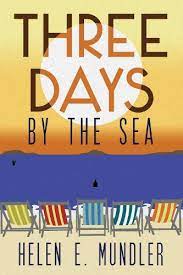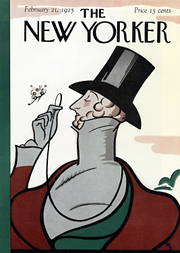
My initial response when I started to read Helen Mundler’s Three Days by the Sea (Holland House Books, 300 pages) was “Yes, we need more of this.” In addition to the interest of the story, the book serves as a reminder of the strengths of literary realism, at a time when for many readers, journalism and nonfiction have replaced the novel as a chronicle of lived experience.
This situation is the product of a changing culture but it’s also, I think, the fault of many novelists, who too often settle for what I’ve come to think of as “weather report realism.” In these novels, Plot X or Y occurs against a backdrop of dutiful descriptions of everyday life, a supposedly reliable accounting of facial expressions, brand names and what the weather was like that day.
Of course life is full of facial expressions and brand names and weather, but verisimilitude is not an end in itself. Saying as much is nothing new. Surely it’s what Willa Cather had in mind when she defended the novel démeublé. As a masterful realistic writer, she knew the risks of her chosen mode. An artist can faithfully render how life appears while neglecting how it feels. “How wonderful,” Cather observed, “it would be if we could throw all the furniture out of the window.” Continue reading
 What made Orwell’s 1984 a classic? The language of this high-school required reading isn’t particularly memorable, with the obvious exception of phrases like, “war is peace,” and “ignorance is strength.” The plot swings rustily on an ill-fated romance in the first part. The lovers, Winston and Julia, are unlikable, one-dimensional, selfish anybodies. In the second part, Winston’s torturer O’Brien, like Milton’s Satan, steals the literary stage for a bit, but, even so, his evil nature lacks style, compared to, say, Medea or the Judge. Remarkably, however, I will say, that, as tragedies go, 1984 pulls its hero down lower than any Greek drama or Cormac McCarthy novel that I can think of. Winston Smith ends in total dehumanization when he accepts Big Brother into his heart as his savior.
What made Orwell’s 1984 a classic? The language of this high-school required reading isn’t particularly memorable, with the obvious exception of phrases like, “war is peace,” and “ignorance is strength.” The plot swings rustily on an ill-fated romance in the first part. The lovers, Winston and Julia, are unlikable, one-dimensional, selfish anybodies. In the second part, Winston’s torturer O’Brien, like Milton’s Satan, steals the literary stage for a bit, but, even so, his evil nature lacks style, compared to, say, Medea or the Judge. Remarkably, however, I will say, that, as tragedies go, 1984 pulls its hero down lower than any Greek drama or Cormac McCarthy novel that I can think of. Winston Smith ends in total dehumanization when he accepts Big Brother into his heart as his savior. THE BRAVURA BEGINNING
THE BRAVURA BEGINNING

 THE GREAT AMERICAN BOONDOGGLE
THE GREAT AMERICAN BOONDOGGLE


